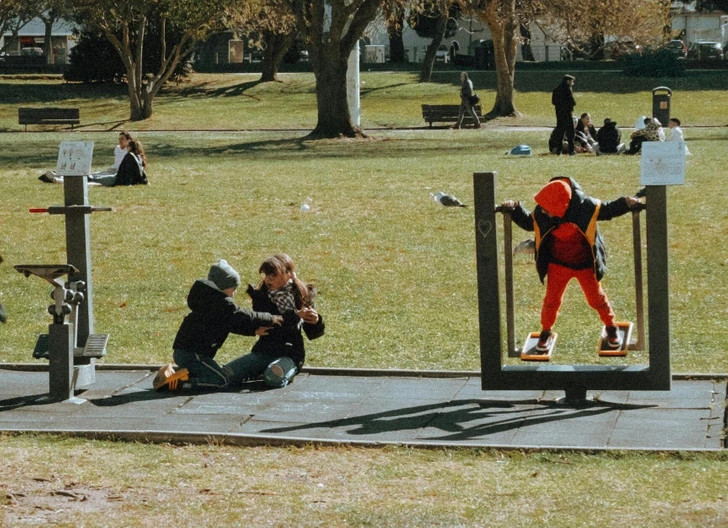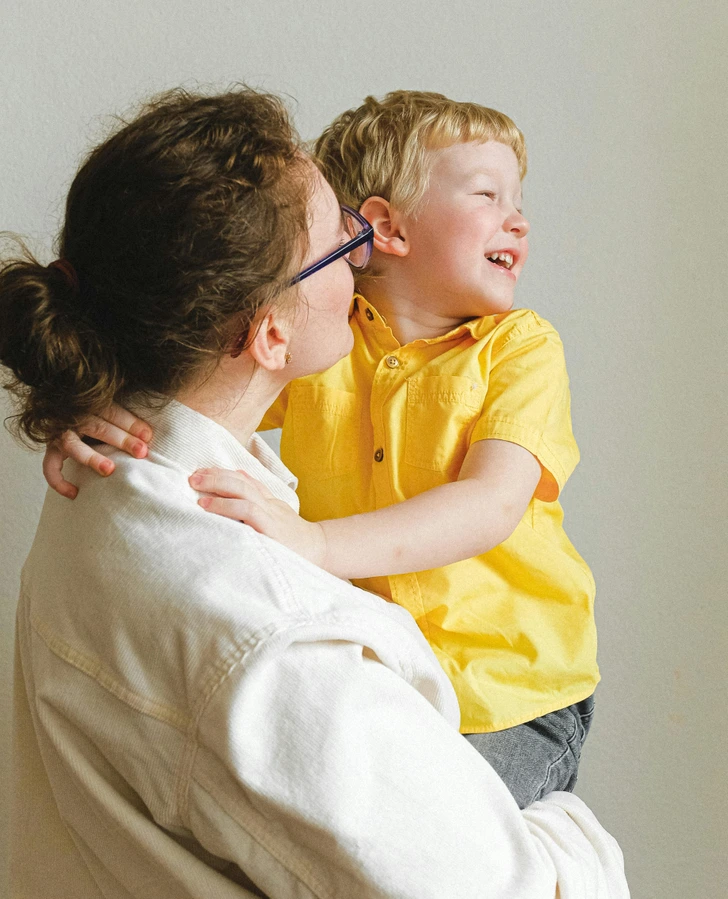When it comes to parenting styles, there are numerous methodologies, each with its own advocates and proponents. Some parents believe in being strict, while others are more relaxed and focus on being gentle and understanding.

Our reader Emma belongs to the second category. She wrote not only to share her unique parenting style but also to seek advice from other parents, as she has often encountered criticism regarding her methods of upbringing.
Emma decided to be a cycle breaker in her family.
Emma, 38 years old, reached out to us with a heartfelt letter, expressing her admiration for Bright Side as a reliable source where people can freely express their opinions on various topics. She shared her own story and sought opinions from the audience about her son’s upbringing.

Emma explained that she grew up in a strict household and experienced the negative effects of such an authoritarian upbringing. The constant pressure led to anxiety and affected her self-esteem. She realized the toll it had on her mental well-being and decided to break the cycle by adopting a less adversarial style of parenting.

Her son doesn’t give false apologies.
One unique aspect of Emma’s parenting approach is that she never forces her child to apologize or say thank you and please. She believes that this approach can psychologically traumatize her son. Emma explains that when children are made to say sorry, even if they don’t mean it, they learn to be fake. It takes time for kids to learn empathy and understand how their actions affect others.

Instead of forcing her son to apologize, Emma chooses to instill empathy in him without insisting on deliberate politeness. She believes that forced apologies teach kids that other people’s feelings matter more than their own, which can lead to grown-ups who struggle to speak up for themselves.
Facing criticism from family and friends
Emma faces criticism from her husband and other parents who believe in stricter parenting methods. However, she stands confident in her own approach. She wants to be a friend to her son, helping him understand his emotions and navigate life together. She doesn’t consider herself superior to her son, but still maintains her authority when needed.
Throughout her letter, Emma displays her love and concern for her son’s well-being. Despite the constant criticism, she believes in her parenting methods and seeks advice from the Bright Side audience.
What do you think about Emma’s approach to parenting? Let us know in the comments!





